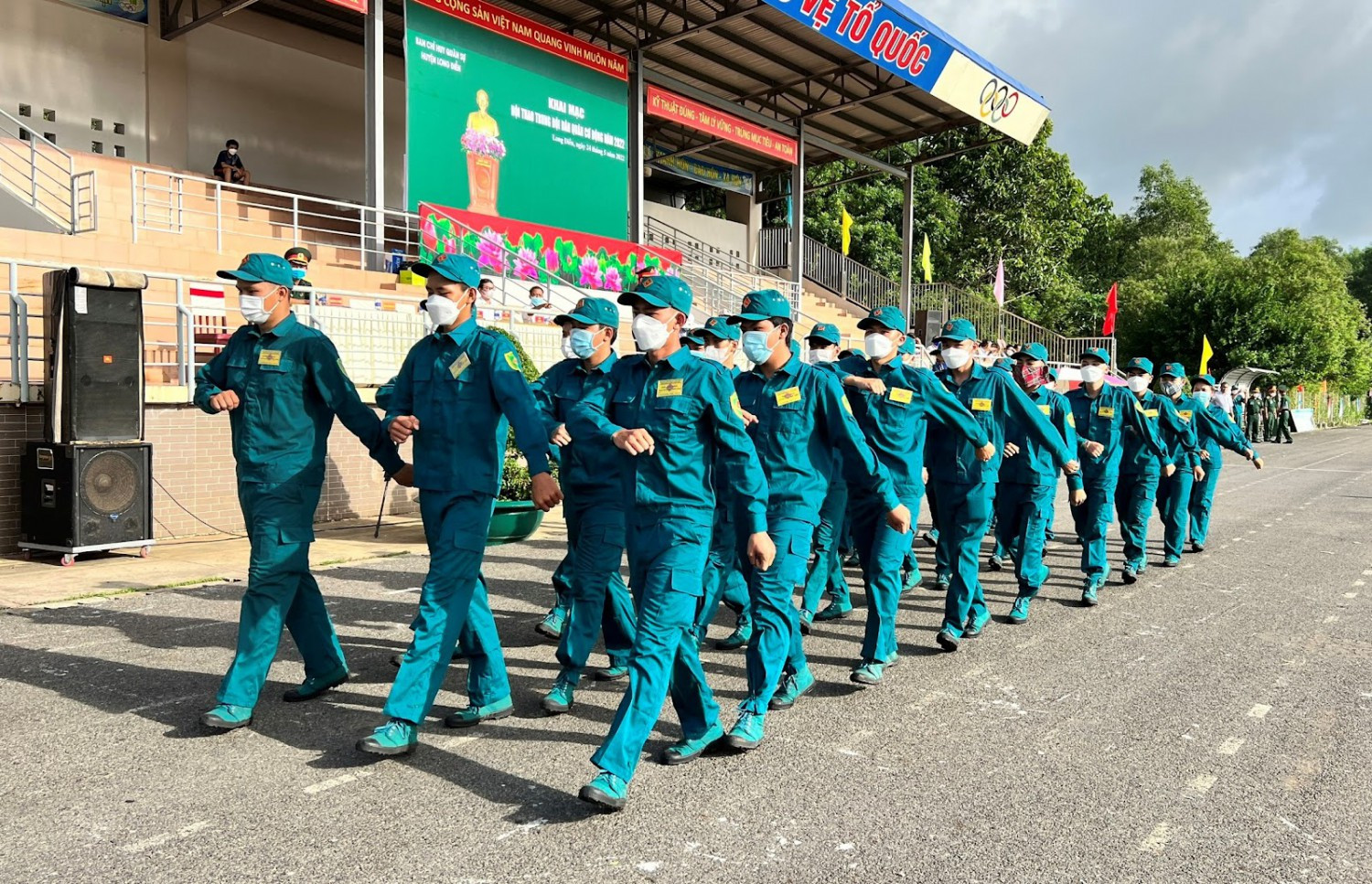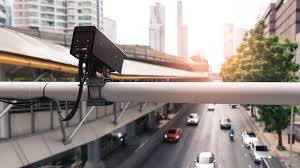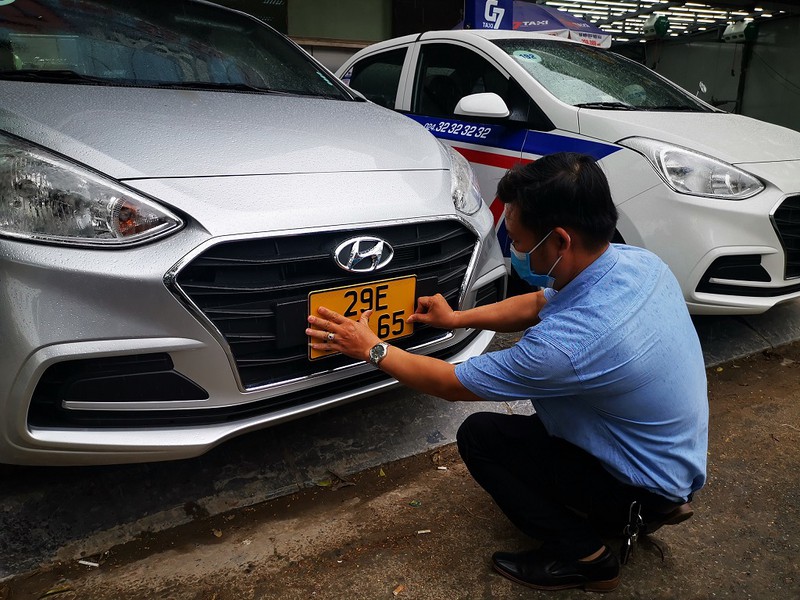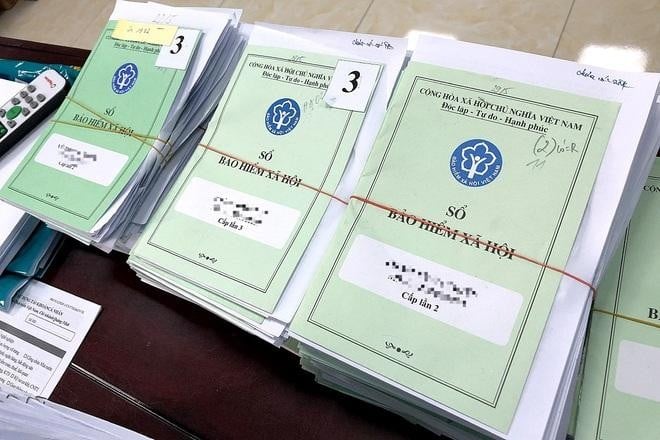Draft Law amending Certain Articles of the Law on Intellectual Property is currently in the phase of collecting public comments in Vietnam. Notably, one of the key points is the requirement to pay royalties when using works in specific circumstances.
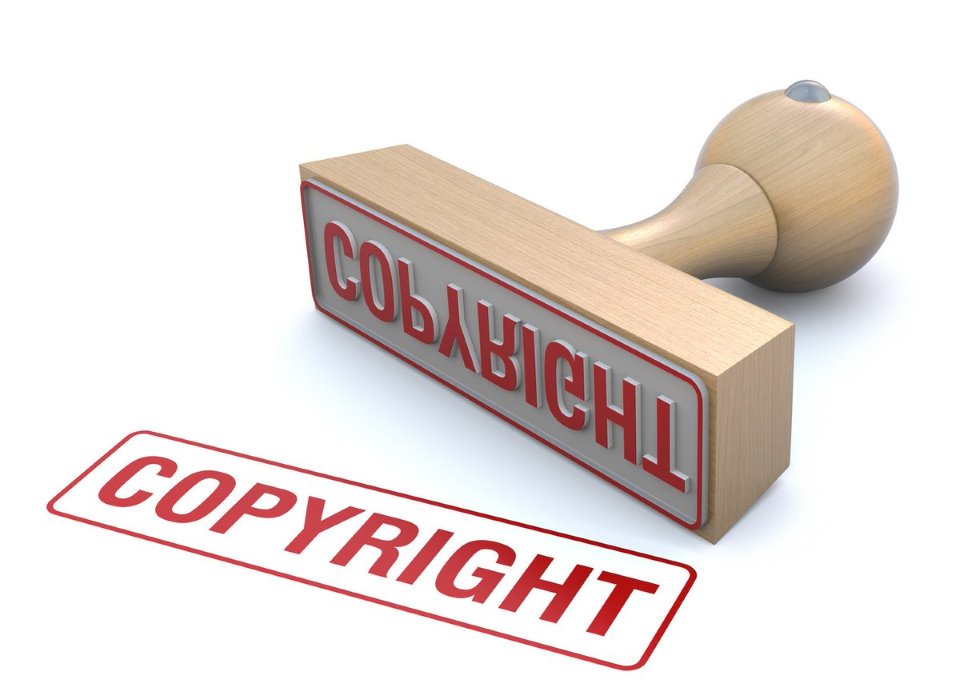
What are the cases in which a published work required payment of royalties before being used in Vietnam? (Illustration)
DOWNLOAD Draft Law on amendments and supplements to several articles of the Intellectual Property Law
1. What are royalties?
The Intellectual Property Law 2005 as amended in 2009 does not provide a definition of the term "royalties." However, the Draft Law on amendments and supplements to several articles of the Intellectual Property Law (hereinafter referred to as the Draft) stipulates:
Royalties are the amount of money paid by an investor, operator, or user of a work, performance, audio recording, video recording, or broadcast program to the author or copyright owner, related rights owner to hire creativity or purchase ownership rights or purchasing exploitation rights or using one, several, or all of the copyright or related rights regarding the work, performance, audio recording, video recording, or broadcast program.
Royalties are the amount of money the investor, operator, or user of a work pays to the author or copyright owner. Therefore, if the Draft is approved, the concept of royalties will be specifically stipulated in the Law, replacing the term "royalty, remuneration" currently stipulated in the Intellectual Property Law.
2. Cases in which a published work required payment of royalties before being used in Vietnam
The current regulation and the Draft differ in terms of cases where published works can be used without permission but royalties or remuneration must be paid:
|
Current (according to Article 26 of the Intellectual Property Law 2005 as amended in 2009) |
Draft |
1. Broadcasting organizations using published works for broadcasting that have sponsorship, advertising, or collect money in any form do not need permission but must pay royalties, remuneration to the copyright owner from the time of use. The amount of royalties, remuneration, other material benefits, and the payment method are negotiated by the parties. If no agreement is reached, it shall be implemented according to the Government of Vietnam's regulations or file a lawsuit in Court as per the law.
|
1. Broadcasting organizations using published works for broadcasting that have sponsorship, advertising, or collect money in any form do not need permission but must pay royalties to the copyright owner from the time of use. The amount of royalties, other material benefits, and the payment method are negotiated by the parties. If no agreement is reached, it shall be implemented according to the Government of Vietnam's price negotiation regulations or file a lawsuit in Court as per the law.
|
Requirements for using published works without permission but with payment include:
(1) Do not affect the normal exploitation of the work, do not harm the author's, copyright owner's rights; must provide information on the author's name and the origin, and source of the work.
(2) The use of works does not apply to cinematographic works.
The requirements for using published works without permission but with payment in the Draft remain unchanged compared to the current regulations.
3. Cases in which a published work may be used without payment of royalties in Vietnam
The cases of using published works without permission and without paying royalties, remuneration or royalties as per the Intellectual Property Law 2005 as amended in 2009 and the Draft have certain changes as follows:
|
Current (according to Article 25 Intellectual Property Law 2005 |
Draft |
| - Copying a work for personal scientific research, teaching purposes; - Reasonable quoting of works without changing the author's intent for commentary or illustration in one's work; - Quoting works without changing the author's intent for journalism, used in periodicals, in broadcasting programs, documentaries; - Quoting works for teaching in schools without changing the author's intent, not for commercial purposes; - Copying works for archival in libraries for research purposes; - Performing stage works, other art forms in cultural, promotional activities not collecting money in any form; - Direct recording, filming of performances for news reporting or teaching purposes; - Photographing, filming, broadcasting works of visual art, architecture, photography, applied art displayed in public places to introduce the image of that work; - Transferring works into Braille or other languages for the visually impaired; - Importing duplicate works of others for private use. |
- Copying a work for personal scientific research, teaching, learning purposes and not for commercial purposes. This regulation does not apply to copying by automatic copying machines and other copying devices installed for public use;
|
Requirements when using works must ensure:
(1) Do not affect the normal exploitation of the work, do not harm the author's, copyright owner's rights; must provide information on the author's name and the origin, and source of the work.
(2) Copying works does not apply to architectural works, visual art, and computer programs.
Clearly, if the Draft Law on amendments and supplements to several articles of the Intellectual Property Law is approved, there will be more cases where royalties must be paid or not paid when using works.
Thuy Tram
 Article table of contents
Article table of contents




